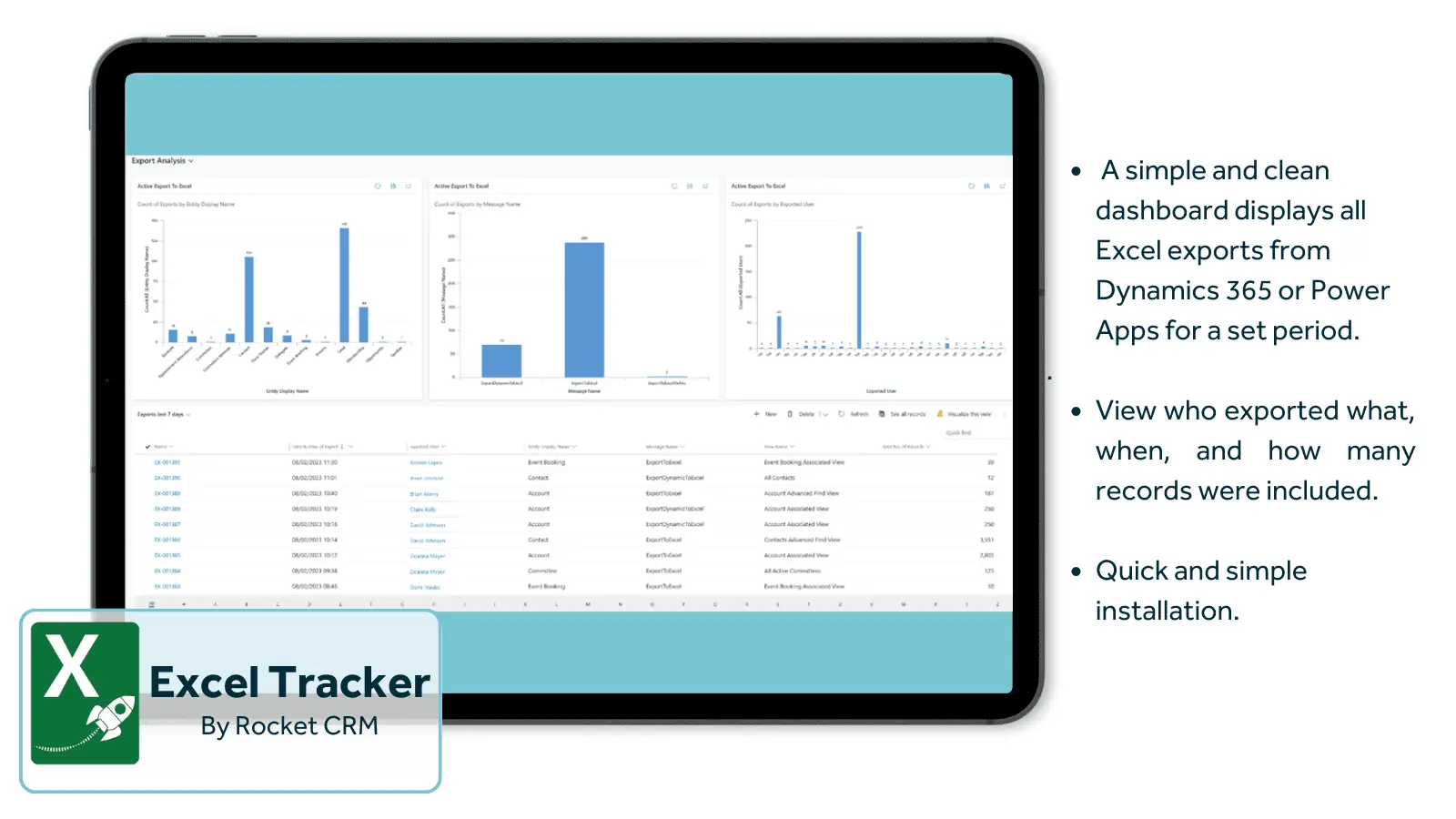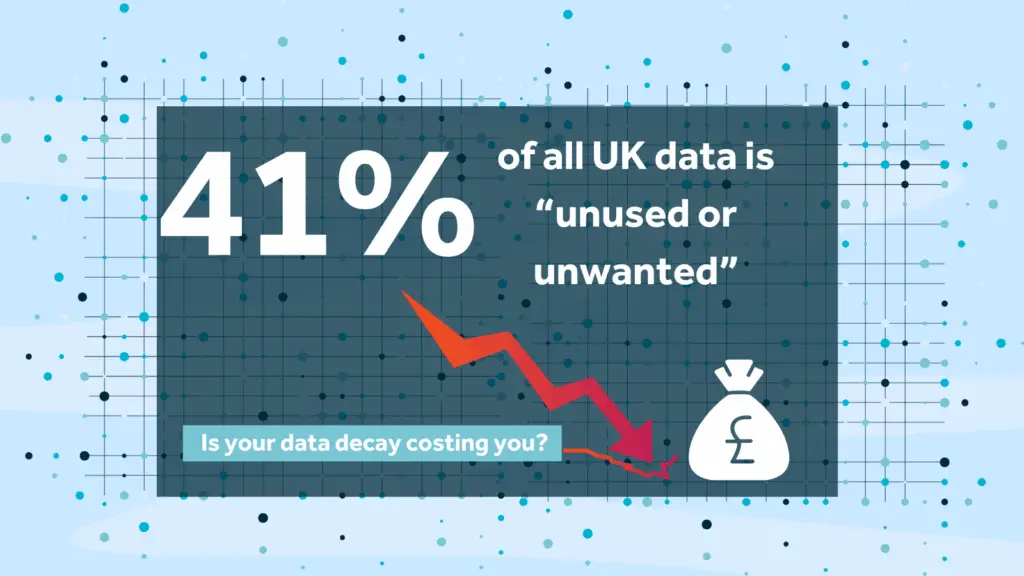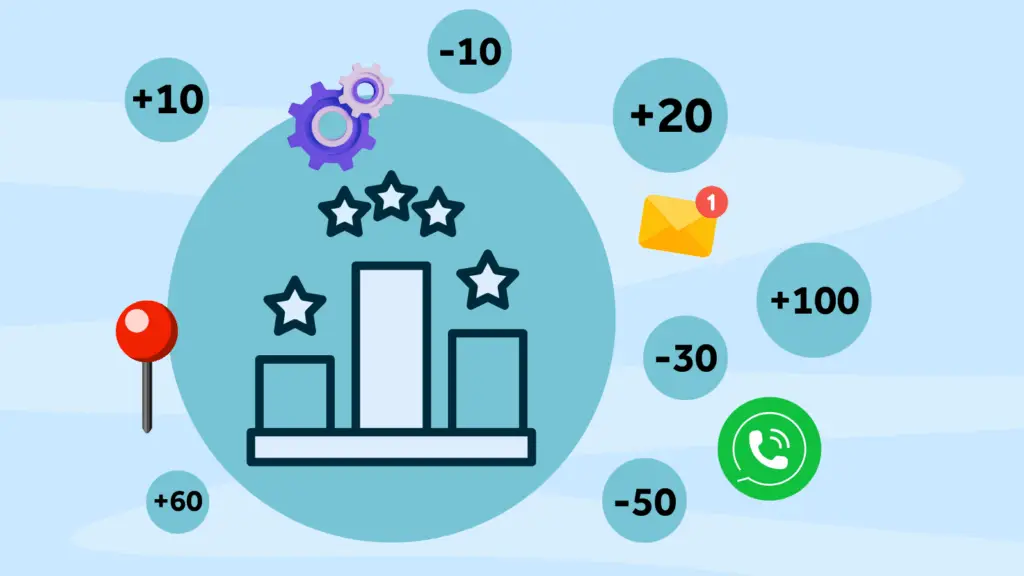Organisations choosing Dynamics 365 or Microsoft Power Apps as a CRM platform have made a wise choice because they are flexible and scalable but also robust, powerful and boast world-class security features. In other words, the data in your CRM is being used to its full, and crucially, it is also safe.
The issue with “Export to Excel”
With that said, both Microsoft Dynamics 365 and Microsoft Power Apps also have a function called “Export to Excel”. This function allows a user to easily download data from the CRM system and perform on-the-fly reviews in a spreadsheet, a pivot table or import into a third-party system or, in a bleaker scenario downloading onto a device to take to their new job.
If you want to remove all CRM users’ ability to “Export to Excel,” you can easily remove this permission on the Business Management tab of the security role definitions….simple!
Unfortunately, as a system administrator, you have to live in the real world, and you may not have that luxury and will often be asked to permit certain users to export to Excel. For example, the sales director may want to download the current pipeline into a spreadsheet, or the CEO may wish to export top-performing customers regularly. Or, due to a lack of integration, the marketing team may need to take a regular export of all customers to import into a third-party marketing tool.
In this situation, we normally turn off the export to Excel permission for some users and leave it on for privileged others. The problem with this is that with Dynamics 365 or Power Apps, we cannot see who is exporting what and when! It’s either fully on, with no audit of what’s been exported, or fully off, which might restrict people’s ability to perform their roles properly.
As we have said, your data is a business asset you want to protect well. And this problem has been a dilemma for CRM administrators for years.
And something else that should be taken seriously is that data protection is a GDPR requirement. The Data Protection Act 2018 requires that organisations ensure data is stored securely and the risk of data loss, unauthorised sharing or public release of data is mitigated. Using a tool like Excel Tracker means you can confidently address several of those requirements in the data protection principles in one fell swoop. For more information on GDPR, visit .gov.uk.
A solution for tracking Excel exports
Thankfully, there is now a solution to this problem. With the simple Rocket CRM Excel Tracker tool installed in your CRM system, you’ll know who has carried out an export of data to Excel, and you’ll also be able to see the view they exported and when they did it.
You can allow a specific group of users or even all users to export data to Excel, knowing that any exports will be logged in your CRM system with the export details included. And this data appears as a simple and clean dashboard, which displays all Excel exports from Dynamics 365 or Power Apps for a set period.

If you are looking for an easy and quick way to begin tracking Excel exports from your Dynamics 365 or Power Apps CRM, then Excel Tracker could be a wise option. For more product information or to see a demo, contact us.
Find out more about the Excel Tracker tool.
ABOUT ROCKET CRM
Rocket CRM is a Microsoft Dynamics 365, and a platinum Click accredited partner, helping small to medium-sized businesses and charities harness the power of scalable CRM technology. Our mission is to make powerful CRM software simple with custom-built, user-focused solutions.
Website: rocketcrm.co.uk
Podcast: RocketPod
Social: LinkedIn



